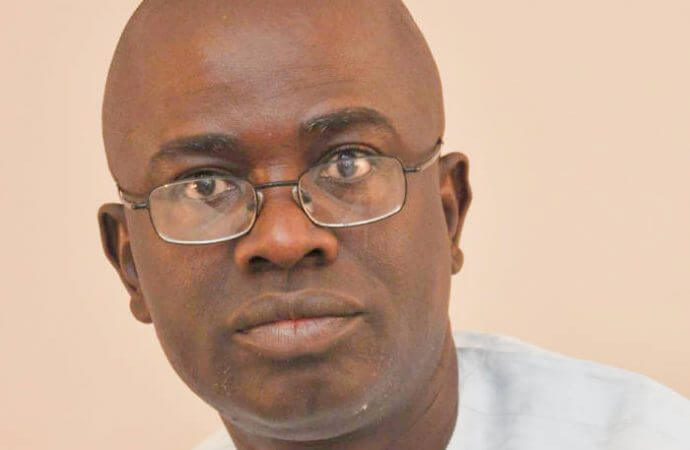A day to the public presentation of my book, “Against The Run of Play: How an incumbent president was defeated in Nigeria” in April this year, I got a call from the former Secretary to the Government of the Federation, Chief Anyim Pius Anyim, who said someone had given him a copy and that he had read it. After the usual pleasantries, he asked, “but why did oga (President Jonathan) say that about Stella (Oduah)?”
Since I didn’t know how to respond to such question, I simply allowed Anyim to talk. He told me of how people within their circle were angry that Jonathan simply threw Oduah under the bus by using her removal as a justification for his fight against corruption.
Advertisement
Although I couldn’t understand the point Anyim was making considering that Oduah’s saga played out in the public glare and President Jonathan merely echoed an open secret, I can now see the bigger picture after readingBolaji Abdullahi’s very insightful book, “On a Platter of Gold: How Jonathan won and lost Nigeria”. In the book, Oduah gave a counter-narrative which presented the manner in which she left Jonathan’s cabinet as a product of negotiation between the two of them. Excerpts:
“Did Diezani ask you to sack me”, she asked the president.
“No, she did not”, a troubled Jonathan answered. “But I am confused. Tell me what I should do now.”
“Why don’t you just announce it, since we have got to this stage? But if I go now, you would not get the credit for it. May be you should just wait and announce it with the rest.”
Advertisement
By the account that followed, President Jonathan actually waited and added the name of Oduah among a list of other members of the federal executive council who were said to be leaving to seek other political offices. What makes Abdullahi’s book rather fascinating is that his former cabinet colleagues provided a lot of background information that enriched the narrative. But it is also a well-researched book with penetrating insights on the factors that combined both to throw up Jonathan from the obscurity of a teaching job to the pinnacle of power and to throw him down as the first incumbent president to be defeated in Nigeria.
Although Abdullahi was a minister under Jonathan for almost three years before he was removed on account of politics and he is currently the spokesman of the ruling All Progressives Congress (APC), he has produced a most scholarly work. Reading the book, especially against the background of the ongoing political developments in Zimbabwe, one cannot but agree with Mr. Mo Ibrahim’s summation that “Africa’s history over the last 50 years has been blighted by two areas of weakness. These have been capacity – the ability to design and deliver policies; and accountability – how well a state answers to its people.”
That essentially is the thrust of the blurb to Abdullahi’s book by Wale Adebanwi, Rhodes Professor of Race Relations at Oxford University, who put the whole narrative in perspective. The “selective outrage regarding some fundamental crises which members of the elite used in propelling themselves to power”, according to Adebanwi, “emphasises how the various factions of the Nigerian political elite are gifted in the art of the capture and recapture of power but largely vacuous in the art of building and sustaining a good society”.
Twitter: @Olusegunverdict, www.olusegunadeniyi.com



